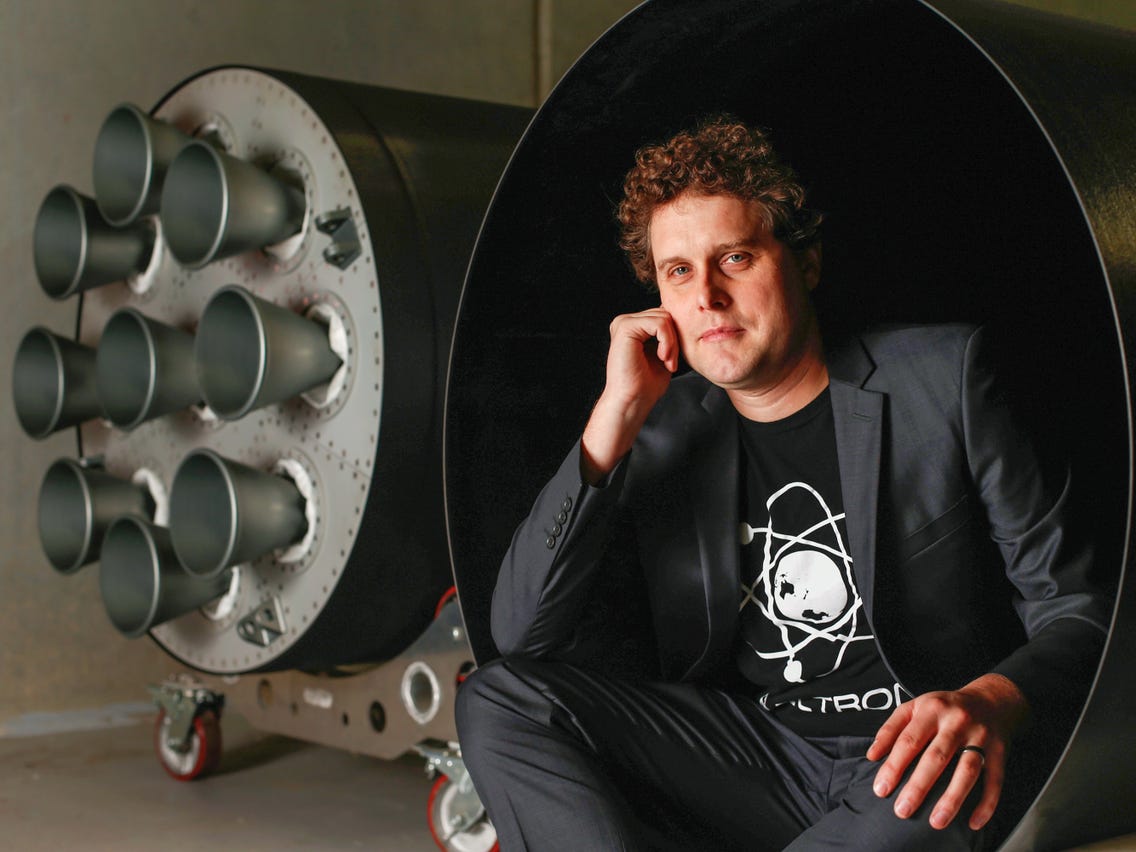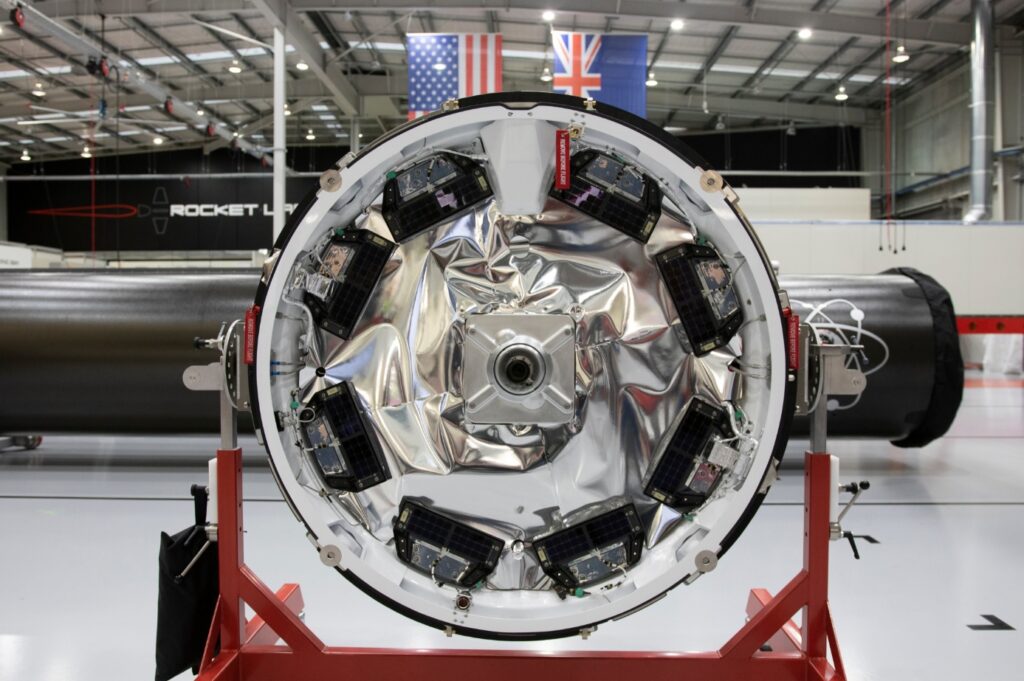Rocket Lab Planning A Trip To Venus
23rd Sep 2020
Life in space may be closer than we all thought. Serial entrepreneurs Jeff Bezos and Elon Musk are on a mission to accelerate research on potential life in space. Space X and Blue Origin are on board, but they are not the only players. Rocket Lab, a New Zealand start-up company, is on it too.
What Is Rocket Lab’s plan?
Rocket Lab will be taking a different turn on matters and shift their focus onto Venus, the second planet from the Sun in the solar system line up. The thesis of the plausibility of life surviving on Venus is based on the recent discovery of a compound known as Phosphine in the planet’s atmosphere. There is a possibility the source of the Phosphine is biological hence the dissertation.
It is still a study at its infancy and more data has to be collected to confirm the theory. The only way this can be accomplished is when Rocket Lab sends a craft to Venus. Luckily, Rocket Lab has all the resources to make the mission a reality and the prototype smallsat to get the job done is called the Photon.

In less than five years, the Photon is hopefully scheduled to launch and land on Venus.
What Photon is planning to achieve on the Venus excursion
The company’s smallsat Photon has the job of collecting data so that scientists can decipher if life on Venus is a possibility and the discovery of Phosphine added more reason to go through with this mission. Peter Beck, Rocket Lab’s Chief Executive, says that these are the reasons they should go ahead with the mission and investigate further into the source of the Phosphine.
The Photon smallsat is smaller than the spacecraft Elon Musk is planning to use for the SpaceX Mars Program.
Rocket Lab’s Previous Work
This mission will be handled by a team of experienced space experts. The company has been in the business for a while now with several successful small satellite space missions as well as several successful launches of their Electron Rocket which was first launched in May 2017. They have worked with NASA, individual investor companies, and the Military on trips to space, Mars, and the moon. Now, Rocket Lab can add Venus to its portfolio.
The CAPSTONE is one of Rocket Lab’s future collaborations with NASA to the moon. The mission is set to commence early 2021.
The study on the planet did not just start after the discovery of Phosphine but way before that. Early this year, the company had already started their research and the discovery of Phosphine on Venus was a result of previous studies carried out by scientists.






Thank you for your comment! It will be visible on the site after moderation.